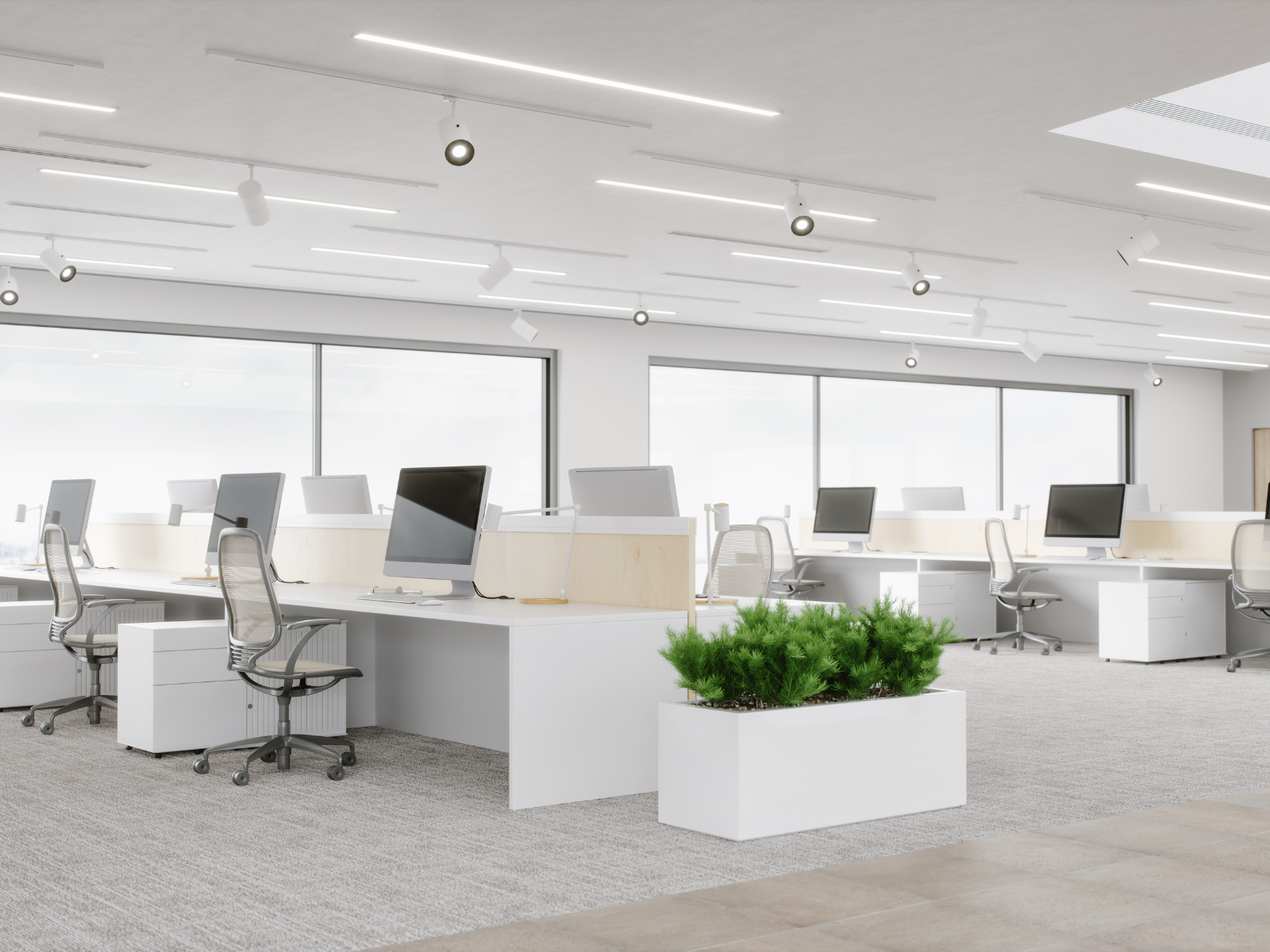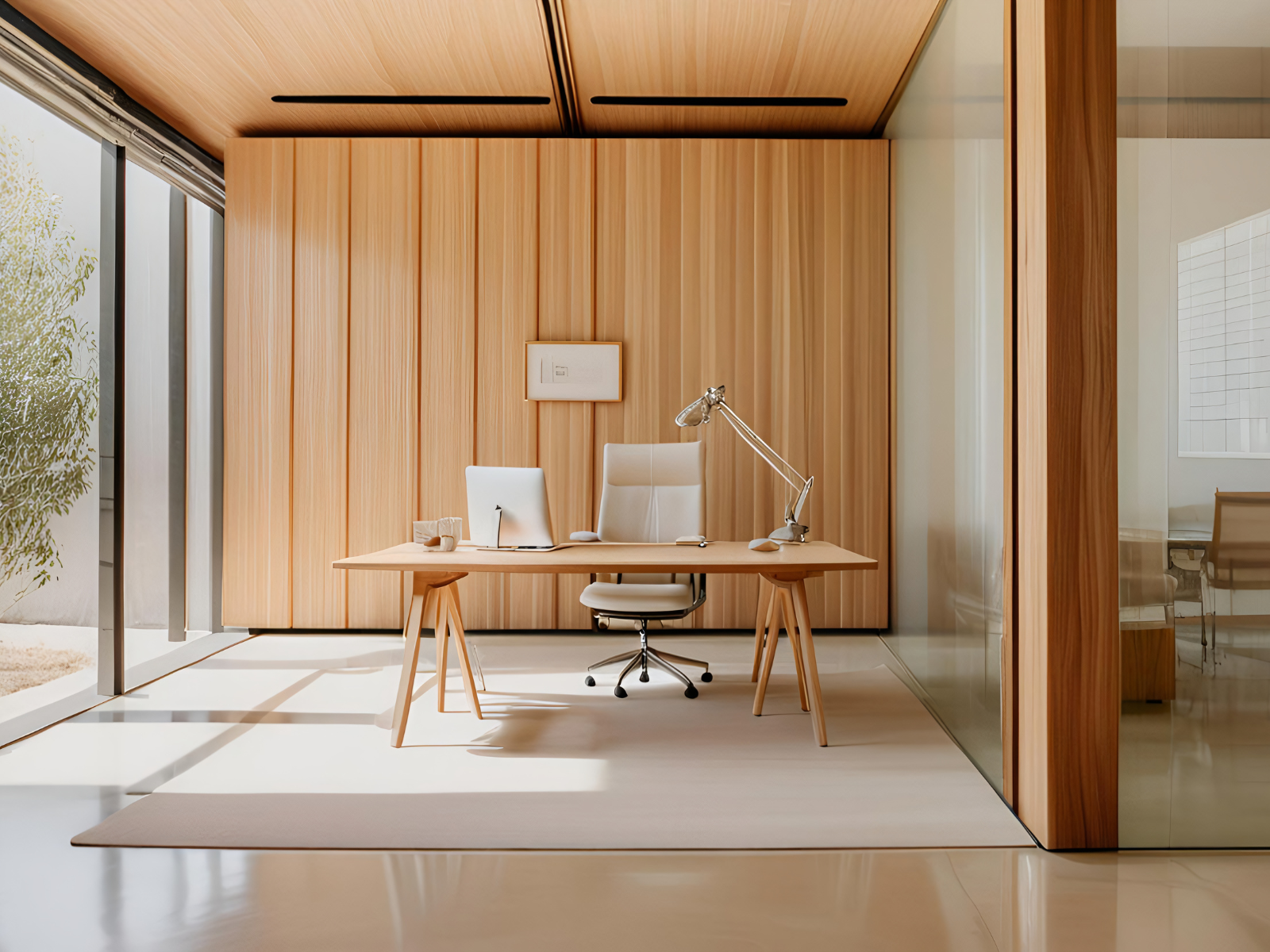As businesses evolve in the fast-paced environment of Dubai, particularly in areas like Jumeirah Lake Towers (JLT), entrepreneurs face a critical decision: should they opt for a virtual office or a traditional physical office? Each option has its unique advantages and challenges, making it essential for business owners to understand which setup best aligns with their operational needs and goals. This article explores the differences between virtual offices and physical offices in JLT Dubai, focusing on their implications for businesses.
Understanding Virtual Office
A virtual office provides businesses with a professional presence without the need for a physical workspace. This setup typically includes a prestigious business address, mail handling services, phone answering services, and access to meeting rooms on demand. Virtual offices are ideal for startups, freelancers, and companies that want to minimize overhead costs while maintaining a professional image.

Key Features of Virtual Offices:
- Business Address: A reputable address in JLT enhances credibility without the cost of renting physical space.
- Mail Handling: Services such as mail forwarding ensure that businesses stay connected with clients and partners.
- Flexible Work Environment: Employees can work remotely while still benefiting from professional support services.
Advantages of Virtual Office
- Cost-Effective: Virtual offices significantly reduce overhead costs associated with renting physical space. Businesses can save on utilities, maintenance, and furnishings.
- Flexibility: With no long-term lease commitments, businesses can easily scale operations up or down based on changing needs.
- Access to Global Talent: A virtual office allows companies to hire talent from anywhere in the world without geographical constraints.
- Enhanced Productivity: Employees can work from anywhere, eliminating commuting time and allowing them to focus on their tasks more effectively.
- Professional Image: A prestigious business address in JLT helps establish credibility and trust with clients while maintaining a low-cost structure.
Understanding Physical Office
A physical office provides a dedicated workspace where employees can collaborate face-to-face. This traditional setup is often preferred by companies that require a permanent location for their operations or those that benefit from having employees work together in a shared environment.
Key Features of Physical Office:
- Dedicated Space: A physical office provides a designated area for employees to work, meet clients, and conduct business operations.
- In-Person Collaboration: Teams can collaborate more effectively through face-to-face interactions, fostering creativity and teamwork.
- Amenities: Physical offices often come equipped with meeting rooms, conference facilities, and other essential amenities.
Advantages of Physical Office
- Structured Environment: A physical office creates a structured work environment that can enhance productivity and focus among employees.
- Team Collaboration: In-person interactions facilitate better communication and collaboration among team members, leading to improved project outcomes.
- Client Engagement: Having a physical location allows businesses to host clients and partners more effectively, creating opportunities for relationship building.
- Legal Requirements: Some business activities may require a physical presence to comply with local regulations or licensing requirements.
- Brand Presence: A dedicated office space can enhance brand visibility and create a lasting impression on clients visiting your premises.
Comparing Virtual Offices and Physical Offices
| Feature | Virtual Office | Physical Office |
|---|---|---|
| Cost | Lower overhead costs | Higher rental and maintenance costs |
| Flexibility | Highly flexible | Less flexible due to long-term leases |
| Team Collaboration | Limited face-to-face interaction | Enhanced collaboration |
| Professional Image | Prestigious address without space | Stronger brand presence |
| Accessibility | Remote access | Fixed location |
| Legal Compliance | Meets registration requirements | May be necessary for certain businesses |
Choosing the Right Option for Your Business in JLT
When deciding between a virtual office and a physical office in JLT, consider the following factors:
- Nature of Your Business: If your business relies heavily on client interactions or team collaboration, a physical office may be more beneficial. Conversely, if you operate primarily online or have remote teams, a virtual office could be ideal.
- Budget Constraints: Evaluate your budget carefully. Virtual offices typically offer significant cost savings compared to traditional office spaces, making them suitable for startups or small businesses with limited funds.
- Growth Plans: Consider your long-term growth strategy. If you anticipate rapid expansion or changes in your workforce size, the flexibility of a virtual office may align better with your goals.
- Work Culture: Assess your company culture and how it aligns with remote work versus in-office collaboration. Some businesses thrive on face-to-face interactions, while others may find remote work enhances productivity.
- Regulatory Requirements: Ensure you understand any legal requirements related to your business activity in Dubai that may necessitate having a physical presence.
Conclusion
Both virtual offices and physical offices offer distinct advantages depending on your business needs in Jumeirah Lake Towers (JLT). Virtual offices provide cost-effective solutions with flexibility and remote capabilities, while physical offices foster collaboration and client engagement through dedicated spaces.
Ultimately, the choice between these two options will depend on your specific operational needs, budget constraints, and long-term goals. As Dubai continues to evolve into a global business hub, understanding the benefits of each workspace solution will empower you to make informed decisions that drive success for your business.
Frequently Asked Questions:
Q1: What is the cost difference between virtual offices and physical offices in Dubai?
A1: Virtual offices generally range from AED 299 to AED 999 per month, while physical offices can incur higher costs due to rent, utilities, and maintenance expenses.
Q2: Can I use a virtual office address for legal registration?
A2: Yes! A virtual office provides a legitimate business address that can be used for company registration and official correspondence in Dubai.
Q3: Are there any legal requirements for having an office space in Dubai?
A3: Some business activities may require a physical presence; however, many businesses can operate legally using virtual office setups depending on their licensing needs.
Q4: How do I choose between a virtual office and a physical office?
A4: Consider factors such as your budget, nature of your business activities, growth plans, team collaboration needs, and any regulatory requirements before making your decision.
Q5: What amenities do virtual offices typically offer?
A5: Virtual offices often include services such as mail handling, call answering services, access to meeting rooms when needed, and professional support without the need for dedicated workspace.
Mazen Alzoubi – Commercial Consultant
useful links








